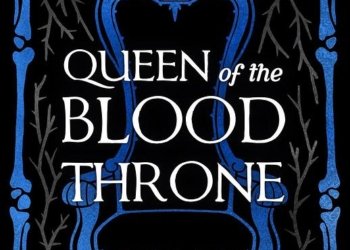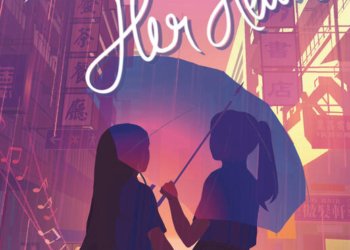No products in the cart.
The Queen of Wind and Sunlight by Morgan Cole
The Queen of Wind and Sunlight, Morgan Cole’s most recent fantasy book, builds on The Chrysathamere Trilogy’s qualities of diverse character development and inclusive storytelling. First off, Isonder’s relationships in particular were incredibly validating for me as a bisexual woman since Cole’s heroines are not heteronormative.
Second, Cole deftly examines racism and the refugee situation in these book’s pages. With the superb characterization of Isonder and Valery, justice is served to both. Their religious and philosophical experiences diverge before coming together suddenly in a haze of nostalgia, poison, and fire.
The hurdles that men and queens they must overcome together bring them back to themselves and the reflections neither was willing to confront when tragedy struck. Both characters in this novel start out searching to others for answers and an escape.
The pacing of Parts 1 and 4 is excellent, and Cole’s explanation and conclusion make sure that you’ll remember The Queen of Wind and Sunlight’s heroic yet painfully relatable story long after you’ve finished reading it. However, as Cole connected the stories of Isonder and Valery, the narrative’s centre lost momentum. While Isonder’s perspective occasionally felt like a muck of similes, Valery’s perspective was driven by emotion.
During dialogue and action scenes—those gritty moments where the excellent characterization might shine—the writing was far more flowing. Particularly considering how frequently Cole avoids clichés, even the relatively cliché antihero story of Vraka Annuban is performed beautifully (I mean, he’s suddenly my favourite character…).
To be quite honest, I would suggest Cole’s work just for character development. Getting to know, love, and detest (Jhengar…) Cole’s characters is always a pleasure. As a result, Morgan Cole has once again given readers a fantasy book that showcases his knack for in-depth narratives, the tropes of a good hero’s journey of development, and extremely novel characterization.
About The Book
Isonder loved Karina, the Queen of Cravnica, as if she was his own daughter. His only job was to protect her, and he failed. Now his one chance at redemption—and at preserving Karina’s legacy—means traveling into Pashara to rescue her twin sister, Valery. But it’s a quest fit for a hero, and the guilt-ridden guard captain isn’t half the hero he used to be. His guide and only ally is a bounty-hunter with a dark past and an ego almost as vast as the kingdom itself. His enemies number half the world.
Valery’s mother always told her she was destined for greatness. Instead, seduced into a life of crime by a rakish singer, she winds up condemned to serve as a medic in a refugee camp in the war-torn nation of Pashara. The city where she works soon falls under siege, and Valery’s barbed tongue and biting cynicism prove to be poor weapons against the world’s most deadly mercenary army.
On their journey back to Cravnica, the two will face down mad queens, giant centipedes, cannibal warlords, and a dangerous, narcissistic assassin—as well as the painful realization that neither of them is quite the savior the other was hoping for.
The Review
The Queen of Wind and Sunlight
8.5 Score
This a beautifully written tale. The characters are complex, and interesting. The world building is wonderful as well. I love a book that touches on love, but which is not romantic love. I can't do this book justice with my words really. I hope you give this one a try because it is worth taking this trip through this world. The main male characters are Isonder and Vraka. Isonder, who is supposed to be the hero of the story, is on a pity party for part of the book, but finally wises up. Vraka is a smart ass bounty hunter, and he was my favorite character. I did not find the main female character , Valery, very likable until the last part of the book, but that is part of her role in the story and she plays it well.










